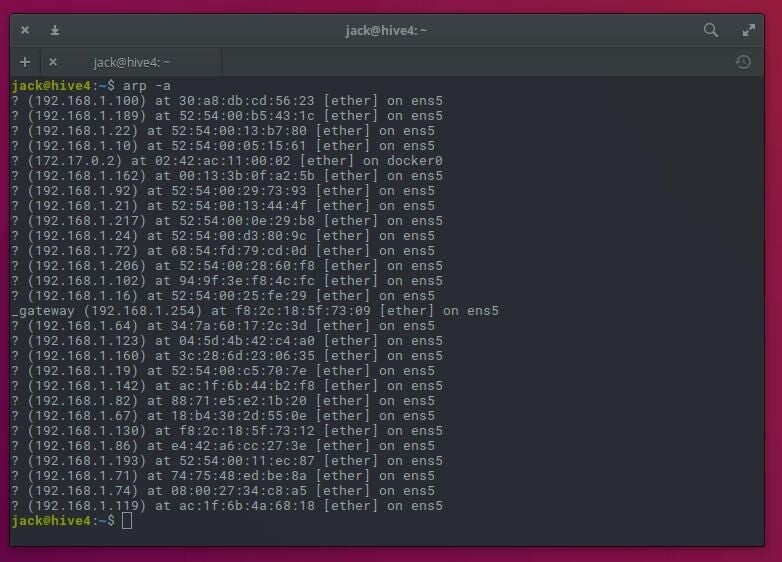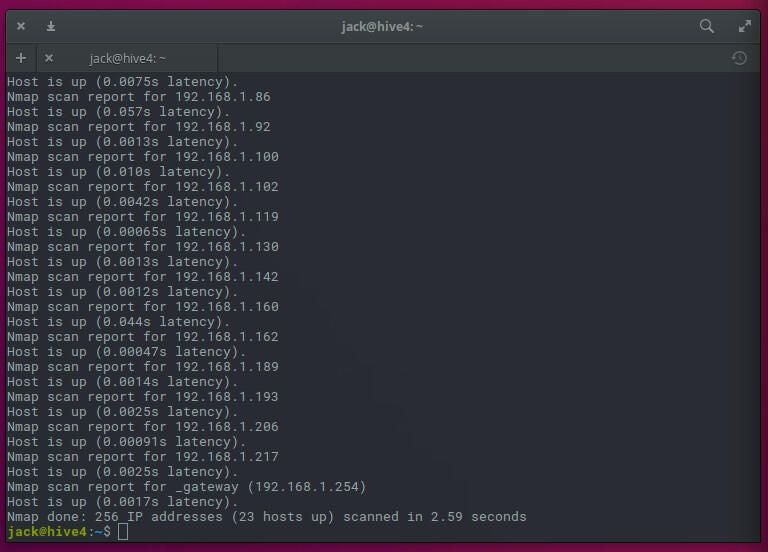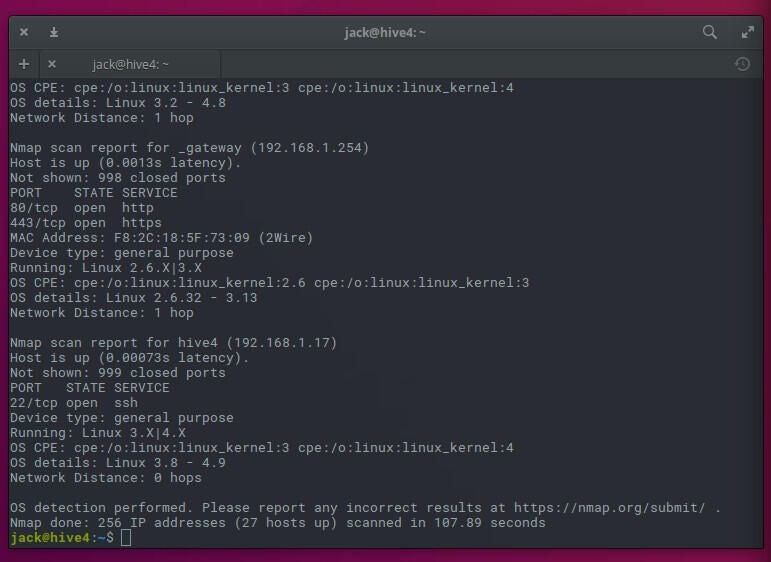What number of occasions have you ever tried to arrange a static IP deal with for a machine in your community, solely to comprehend you haven’t any concept which addresses are already taken? When you occur to be working with a desktop machine, you’ll be able to at all times set up a community protocol analyzer to search out out what addresses are in use. However what if you happen to’re on a GUI-less server? You actually would not depend on a graphics-based instrument for scanning IP addresses. Luckily, some very simple-to-use command line instruments can deal with this process.
I will present you how one can scan your Native Space Community (LAN) for IP addresses in use with two totally different instruments (one in all which can be put in in your server by default). I’ll show on Ubuntu Server.
SEE: Prime Instructions Linux Admins Ought to Know (TechRepublic Premium)
The arp command
The primary instrument we are going to use for the duty is the built-in arp order. Most IT directors are acquainted with arpas it’s used on virtually each platform. In case you have by no means used arp (which stands for Deal with Decision Protocol), the command is used to control (or show) the kernel’s IPv4 community neighbor cache. When you attain out arp with no mode specifier or choices, it would print the present contents of the ARP desk. That is not what we will do. As a substitute, we are going to problem the instruction as follows:
arp -a
The -a choice makes use of an alternate BSD-style output and prints all identified IP addresses discovered in your LAN. Working the command will show IP addresses in addition to the related Ethernet system.

You now have an inventory of each IP deal with in use in your LAN. The one caveat is that (except you realize the MAC deal with of each system in your community), you will not have a clue which machine is assigned the IP addresses. Even with out understanding which machine is related to which deal with, a minimum of you realize which addresses are getting used.
NB. The arp command solely works for IPv4. In case you have IPv6, you have to to make use of the command ndp (which stands for Neighbor Discovery Protocol):
ndp -a
It is simple to inform if you happen to’re utilizing IPv4 or IPv6 addresses. The previous makes use of durations, the latter makes use of colons. IBM presents a explainer on the topic if you would like extra particulars.
SEE: How one can Add an SSH Fingerprint to Your Known_Hosts File in Linux (TechRepublic)
Nmap
Subsequent, we use a command that gives extra choices. Stated project is nmap (which stands for Community Mapper). You’ll not discover nmap put in in your Linux machine by default, so we have to add it to the system. Open a terminal window (or log into your GUI-less server) and problem the command:
sudo apt-get set up nmap -y
As soon as the set up is full, you’re able to scan your LAN with it nmap. To search out out which addresses are getting used, problem the command:
nmap -sP 192.168.1.0/24
Be aware: You will want to vary the IP deal with scheme to match yours.
Working the command will present you each deal with discovered in your LAN.

Let’s make nmap extra helpful. As a result of it presents a bit extra flexibility, we will additionally uncover which working system is related to an IP deal with. To do that, we are going to use the choices -sT (TCP connection scan) and -O (working system discovery). The project for that is:
sudo nmap -sT -O 192.168.1.0/24
Relying on the dimensions of your community, this command could take a while. And in case your community is massive, contemplate sending the output of the command to a file like this:
sudo nmap -sT -O 192.168.1.0/24 > nmap_output
You possibly can then view the file with a textual content editor to search out out which working system is related to an IP deal with.

Utilizing these two easy instructions, you’ll find IP addresses in your community which are in use. Now, if you assign a static IP deal with, you will not unintentionally assign one that’s already in use. Everyone knows what sort of headache it might trigger.
————————
BSB UNIVERSITY – AISKILLSOURCE.COM